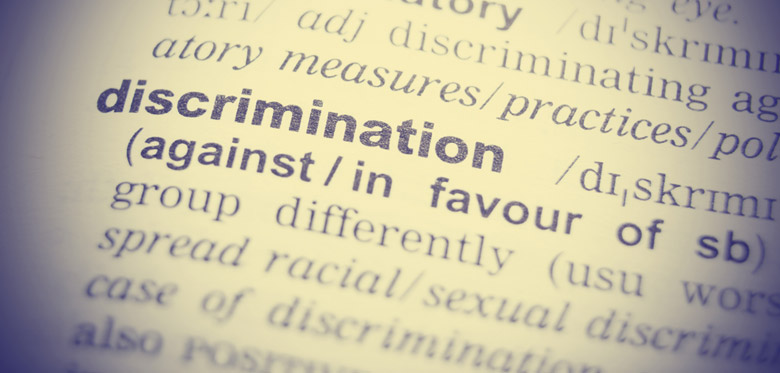In the UK, children have historically engaged in extracurricular activities through clubs such as Cubs, Brownies, Scouts, Girl Guides, Beavers and Rainbows, which have long been considered to offer unique experiences and provide children the opportunity to make a positive impact in their communities.
However, it has recently been reported that the Scout Association has paid £42,000 in an out of court settlement to an 11-year-old child who had raised allegations of having been subjected to disability discrimination during his engagement with them.
It is reported that a child with asperger’s syndrome was prevented from travelling on the ‘Scout bus’ and taking part in activities in a local park following a misunderstanding about his shoes. It is understood that the decision was made not to allow the child’s participation in these activities in order to ensure the health and safety of the other members of the troop on that day.
The Scouts Association has since issued a public apology whereby an admission was made that the treatment of this child had been “completely unacceptable” with an assurance being given that the association would introduce training for adult volunteers to prevent similar incidents from occurring in the future.
What does the law say?
i) Private club or service provider
A private club, society and/or association, must not discriminate against an individual or group of people.
A private club or society is considered to be an association if it has 25 or more members and operates a genuine selection process which an individual must fulfil in order to become a member. An association can include the following:
- Private sports clubs
- Private members clubs
- Rotary clubs
- Young people’s organisations and
- Other clubs promoting a variety of interests.
In light of the above, it may be that the court considers the Scout Association to be a service provider under the Equality Act 2010. A service provider is defined as one which provides “the provision of a service to the public or a section of the public (for payment or not).”
ii) Disability
Disability discrimination is legislated under the Equality Act 2010 which states that a person should not be treated unfavourably because of their disability.
A disability is defined as where a person had a physical or mental impairment that has a substantial and long-term adverse effect on that persons’ ability to carry out normal day-to-day activities.
iii) Reasonable adjustments
The Act places an obligation on service providers, private clubs and associations to implement reasonable adjustments for disabled members which would allow those with a disability to access the services of the club.
A reasonable adjustment is where an employer, service provider or club and or/association implements a change to ensure that a disabled person can overcome disadvantages presented due to their disability.
When there is a failure to make a reasonable adjustment, a person may bring a claim under the Equality Act 2010. Should their claim be successful, that person may be entitled to the following:
- Damages (a financial award)
- An injunction requiring a reasonable adjustment be implemented
- A declaration confirming that the person has been discriminated against
Conclusion
Where a person has been discriminated against by a service provider, private club or association, they have six months less one day to bring a claim for discrimination in the County Court. For example, if a person requested a reasonable adjustment which was refused, they would have six months less one day from the point of the refusal to bring a claim.
If you feel that you have been discriminated against by your employer or by a service provider, our discrimination team can help. Please contact our specialist team on 01616 966 229.
By Charlie Bradbury, employment and discrimination advisor




Comments